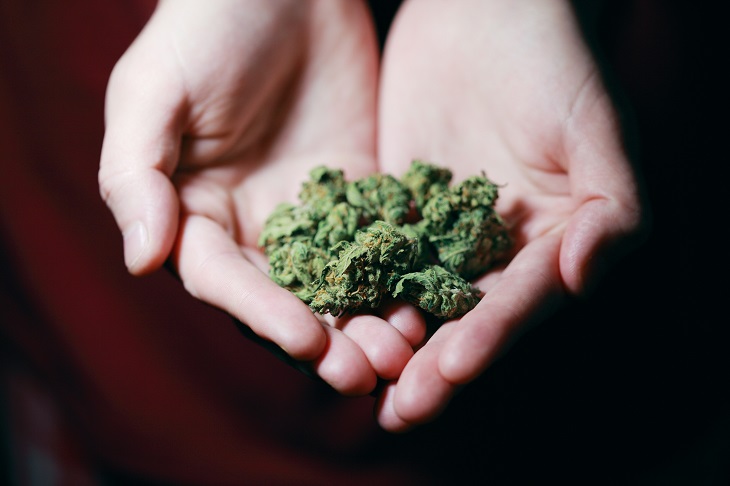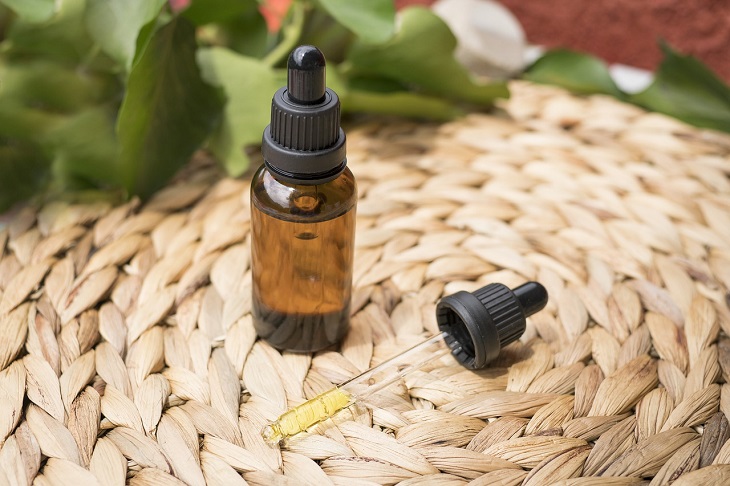Medical marijuana (MMJ) has become increasingly popular across the US as more and more people become aware of its health benefits. MMJ can relieve the symptoms of a variety of health conditions, and is an effective treatment for many mental and physical illnesses. For many patients, MMJ provides essential pain relief and is an important step on the road to recovery.
The best way to access MMJ safely, legally, and easily across the US is through use of a valid MMJ card. Each state has its own laws surrounding the sale and purchase of MMJ. It’s important to research individual state regulations to find out more about qualifying conditions, where to purchase MMJ, what form it is sold in, and how much you can buy. For more information on state-by-state regulations and on accessing your state’s MMJ card through MMJRecs, check out this page.

What are the qualifying conditions for an MMJ card?
Some of the conditions that usually respond well to MMJ treatment, and that often qualify for a state MMJ card, include:
- AIDS
- Anorexia
- Arthritis
- Cachexia
- Cancer
- Chronic pain
- Glaucoma
- Migraines
- Persistent muscle spasms
- Seizures, including those associated with epilepsy
- Severe nausea
Of course, the qualifying conditions for an MMJ card vary from state to state, so be sure to check out the conditions applicable to your own state to see if this applies to you.
Side effects of MMJ
MMJ, including both THC and CBD, can have side effects. Of course, this is true of almost any medication. These side effects can be both short-term and long-term, and differ between THC and CBD. THC is more likely to cause increased anxiety, increased heart rate, dry mouth, and altered judgement. CBD has been linked to short-term effects such as dizziness, fatigue, weight loss, and diarrhea.
However, most people do not suffer from severe side effects, and find that the positive effects of MMJ outweigh the negatives. Fortunately, a wide range of MMJ products now exists, allowing access to multiple strains and ways of dosing – from vapes to edibles to pre-rolls and even lotions. This variety means users of MMJ have more choice in finding the product that suits them.
Medical marijuana and blood thinning: does medical marijuana thin your blood?
CBD may interact with some blood thinning medication, increasing its effects. It’s very important to discuss this with your physician. They will ask about your medical history and the medications you are prescribed during your evaluation for an MMJ card. It is important that you’re truthful about your medical history during this process, as it ensures your safety.
Is CBD considered a blood thinner? There is ongoing research into the effects of CBD on its own in terms of thinning the blood. CBD affects the same systems at blood thinners do. However, research is ongoing into all its potential effects. It’s not totally clear at this stage whether CBD can thin the blood on its own, or to what extent this may occur. It is true, however, that CBD has the potential to exaggerate the effects of blood thinning medication. That’s why it’s so important to discuss your MMJ treatment with a medical professional.

How can I access an MMJ card?
Each state has its own rules surrounding MMJ, and some states are more restrictive than others. If you have one of the qualifying conditions for your state’s MMJ card, you can set up a quick and easy online consultation through the MMJRecs portal. This typically takes up to ten minutes, and can be done from the comfort of your own home.
The application process is generally relatively simple and involves registering with the relevant state body upon your physician’s approval. Once you have your MMJ card, you’re free to purchase MMJ at the dispensaries in your state (and sometimes you can use your MMJ card to purchase in other states, too – though this varies). So what are you waiting for? Book your online consultation today!
Featured image by Erin_Hinterland on Pixabay
